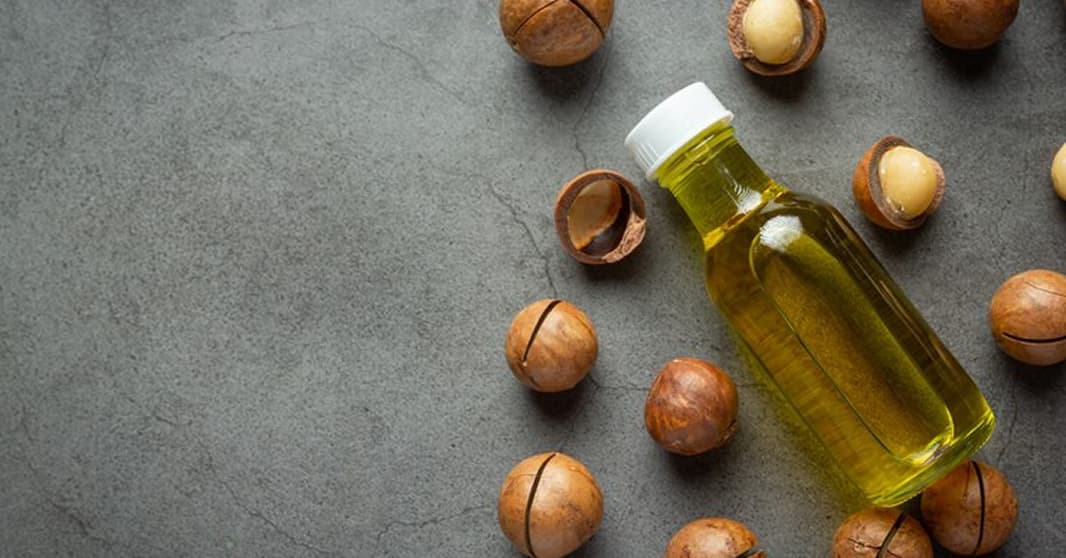
Rooted in Respect: The Importance of Ethical Sourcing in Argan Oil Production
In the quiet groves of southwestern Morocco, beneath the shadow of the Atlas Mountains, grows a tree unlike any other—the ancient Argania spinosa. From its sun-dried kernels comes argan oil, long revered by Moroccan women as a source of nourishment, beauty, and healing.
But in today’s world, where beauty products travel far from origin to shelf, a new question arises: What does it mean to honor the source? This is where ethical sourcing becomes not just a practice—but a promise.
The Heritage Behind the Oil
Long before argan oil found its way into global skincare rituals, it lived quietly in Moroccan households, passed through generations as a sacred tradition. Berber women would hand-crack the nuts using stones, gently extracting the oil that would soothe dry skin, soften hair, and treat wounds.
This wasn’t just a cosmetic routine—it was an act of care, of connection to the land, and of respect for time-honored methods. That spirit of reverence is what ethical sourcing aims to preserve.
What Is Ethical Argan Oil?
Ethical argan oil goes far beyond organic labels. It speaks to how the oil is harvested, who is involved, and what impact the process has—on both people and the planet.
A truly ethical argan oil honors three pillars:
-
Empowerment of Local Women
Argan production is largely a female-led craft. Ethical sourcing supports women’s cooperatives in rural Morocco, where fair wages, safe working environments, and community development are woven into every bottle. For many, this work is life-changing—it provides economic freedom, education, and autonomy in areas where opportunities can be limited. -
Sustainable Harvesting
The argan tree is endemic to Morocco, and overharvesting or mechanized extraction can threaten this delicate ecosystem. Ethical producers respect the pace of nature, hand-harvesting the fruit and using slow, traditional cold-press methods. This ensures the trees continue to thrive and the oil remains nutrient-rich and unrefined. -
Transparent Practices
Traceability is key. Ethical brands are transparent about their sourcing—sharing details about their cooperatives, harvest cycles, and certifications. This builds trust, not just with consumers, but with the communities that make the product possible.
PeauFresh: Where Purity Meets Purpose
At PeauFresh, we believe that what’s good for your skin should also be good for the world. That’s why our Pure Organic Moroccan Argan Oil is sourced through certified cooperatives that uphold fair trade principles and ecological sustainability.
Each bottle is the result of meticulous, hand-pressed extraction that preserves every drop of essential fatty acids, antioxidants, and vitamin E. But beyond the formula lies something greater: a connection to real women, real land, and real legacy.
When you apply this golden oil, you’re not only nourishing your skin—you’re honoring a lineage.
Why Ethical Matters in Your Skincare
You might wonder—Does it really make a difference? The answer is yes, in every sense.
-
For the Earth: Sustainable practices reduce waste, protect biodiversity, and prevent overharvesting of endangered species like the argan tree.
-
For People: Fair trade ensures that the hands behind your beauty receive dignity, safety, and opportunity—not exploitation.
-
For You: Ethically sourced argan oil is unadulterated and potent. It delivers visible results while aligning with your values.
Conscious beauty is not about perfection—it’s about intention. Choosing ethically sourced ingredients means participating in a cycle of care that benefits more than just the mirror.
Signs of Truly Ethical Argan Oil
In a saturated market, it can be difficult to distinguish genuine ethical argan oil from mass-produced versions. Here’s what to look for:
-
Certified Fair Trade or Cooperative-Based
Brands that name the cooperatives they work with or hold fair trade certifications are committed to transparency and social impact. -
Cold-Pressed and 100% Pure
Heat and additives degrade the oil’s quality. Ethical sourcing often prioritizes traditional cold-press methods that retain the oil’s natural potency. -
Glass Packaging and Minimal Processing
Ethically minded brands often choose recyclable materials and minimalistic packaging that reflects their commitment to sustainability. -
Scent and Texture
Real argan oil has a faint, nutty aroma and a light, silky texture. If it smells heavily perfumed or feels greasy, it’s likely diluted.
A Ritual That Feels Good—and Does Good
Incorporating ethical argan oil into your beauty ritual is a quiet, intentional act. Each application becomes a moment of mindfulness, a daily connection to heritage and healing.
Warm a few drops of PeauFresh Argan Oil between your hands. Inhale deeply. Smooth it onto your face or hair, and feel the nourishment soak in. This is not just skincare—it’s a soft echo of Moroccan wisdom, flowing through time and touch.
Ethical Beauty as a Way of Life
Ethical sourcing isn’t a trend. It’s a return to what beauty was always meant to be: honest, respectful, and in harmony with nature.
In choosing products like our Pure Organic Moroccan Argan Oil, you’re not just investing in radiant skin. You’re participating in a deeper story—one where beauty uplifts, protects, and honors its roots.
Because the most powerful beauty rituals are those that heal more than the surface.




